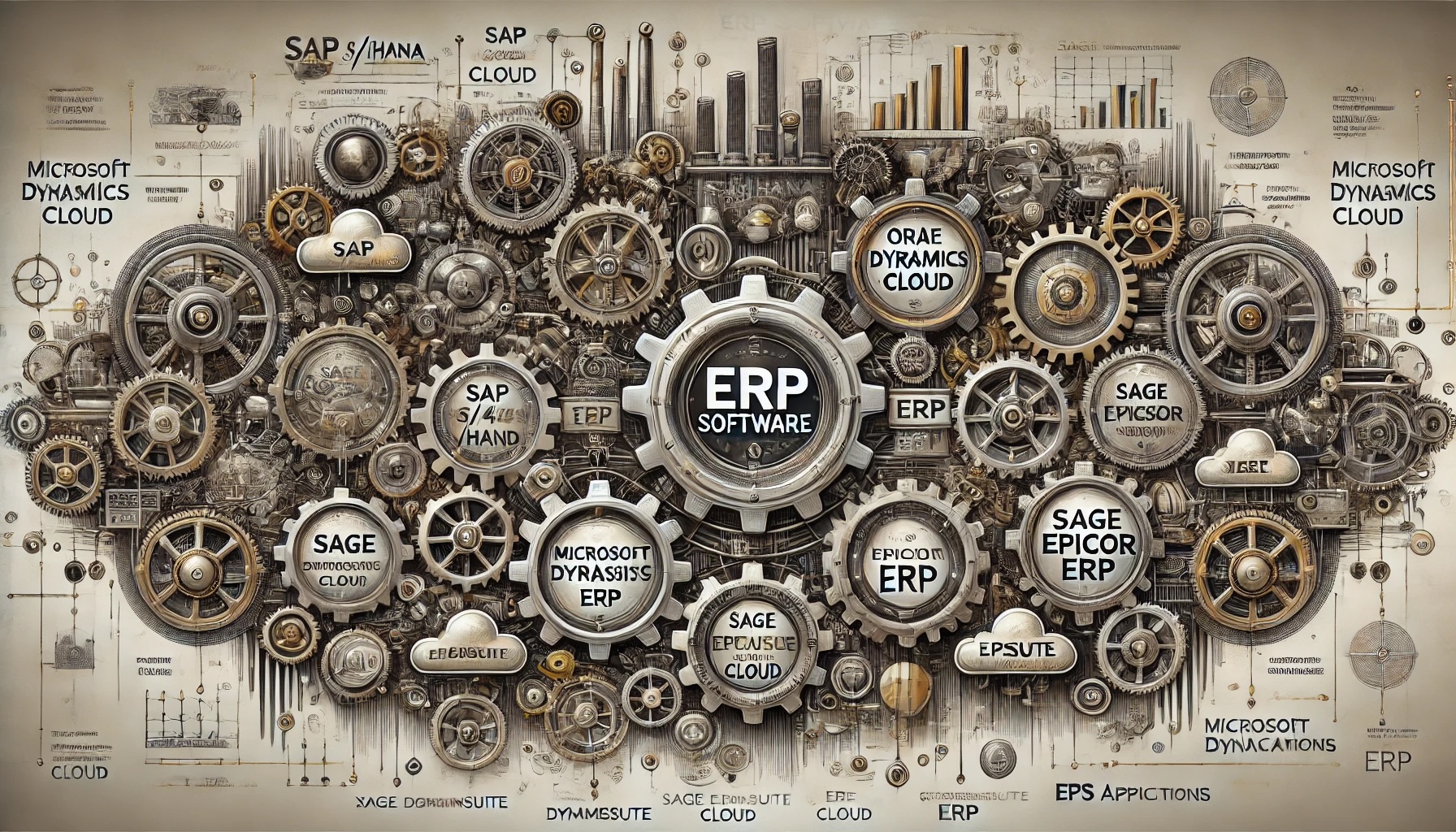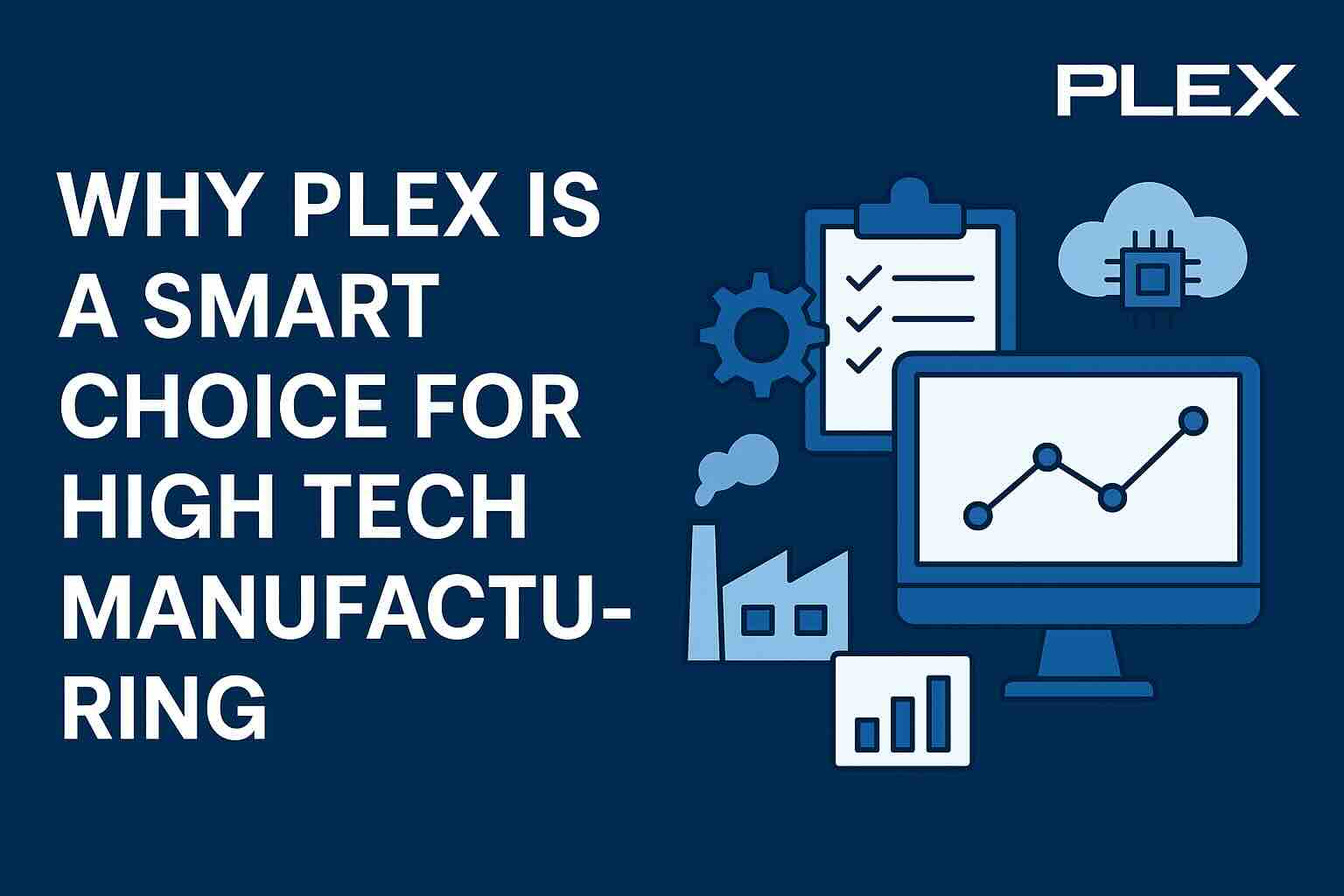Compare the Best ERP Software in Canada

Enterprise Resource Planning (ERP) software serves as the backbone for managing core business processes, from supply chain management to finance, human resources, and beyond. Canadian businesses, whether in manufacturing, retail, healthcare, or technology, require robust ERP systems to stay competitive in an increasingly digital market. The diverse range of ERP software available in Canada offers solutions for companies of all sizes, from small businesses to large enterprises.
This guide compares the best ERP software in Canada, focusing on features, scalability, pricing, and industry-specific benefits to help you choose the right solution.
Why ERP Software is Essential for Canadian Businesses
ERP software streamlines operations, integrates data across departments, and enables informed decision-making. Canadian companies face unique challenges, such as compliance with federal and provincial regulations, bilingual language requirements, and the need to support local supply chains. A good ERP solution addresses these challenges while providing scalability for future growth.
Top ERP Software in Canada
Here’s a detailed comparison of the leading ERP solutions tailored for Canadian businesses.
1. SAP Business One
Best For: Small to mid-sized businesses (SMBs)
Key Features:
- Real-time analytics and reporting
- Financial management and CRM integration
- Industry-specific solutions (manufacturing, retail, and more)
Pros:
- Scalable as your business grows
- User-friendly interface for SMBs
Cons:
- Higher upfront cost compared to competitors
SAP Business One is ideal for SMBs looking for an ERP system that can grow with them while delivering deep insights and automation.
To find out more about SAP Business one you can visit this link.
2. Microsoft Dynamics 365
Best For: Enterprises and growing businesses
Key Features:
- Integration with Microsoft Office Suite
- AI-driven analytics
- Customizable for industry-specific needs
Pros:
- Flexible deployment (cloud or on-premises)
- Robust ecosystem for customization
Cons:
- Complexity in setup for smaller businesses
Microsoft Dynamics 365 offers flexibility and scalability, making it a popular choice among mid-sized and large Canadian organizations.
To find out more about Microsoft Dynamics one you can visit this link.
3. NetSuite by Oracle
Best For: Cloud-first businesses
Key Features:
- Unified cloud-based platform
- Multi-language and multi-currency support
- Built-in compliance for Canadian regulations
Pros:
- Excellent for remote teams and multi-location operations
- Real-time dashboards for decision-making
Cons:
- Higher subscription costs
NetSuite is a powerful option for businesses seeking a cloud-based ERP with advanced features for finance and global operations.
To find out more about NetSuite you can visit this link.
4. Epicor Kinetic
Best For: Manufacturing and distribution industries
Key Features:
- Advanced manufacturing and supply chain modules
- IoT and AI integrations
- Bilingual interface for Canadian businesses
Pros:
- Tailored for industrial applications
- Strong compliance features
Cons:
- Less suitable for non-manufacturing businesses
Epicor Kinetic stands out for its industry-specific capabilities, particularly in the manufacturing sector, which is crucial for Canadian enterprises.
To find out more about Epicor Kinetic you can visit this link.
5. Odoo
Best For: Startups and SMBs with budget constraints
Key Features:
- Open-source and customizable
- Modules for inventory, HR, and eCommerce
- Affordable pricing structure
Pros:
- Flexible and scalable
- Community support and cost-effective
Cons:
- Requires technical expertise for setup
Odoo’s open-source platform makes it an attractive choice for startups and small businesses seeking affordability without sacrificing features.
To find out more about Odoo you can visit this link.
Factors to Consider When Choosing ERP Software in Canada
Selecting the right ERP solution involves evaluating several factors:
- Business Size and Industry Needs
- Larger enterprises may require extensive customization, while SMBs benefit from plug-and-play solutions.
- Choose industry-specific ERP systems for manufacturing, healthcare, or retail.
- Deployment Options
- Cloud-based systems like NetSuite and Odoo are great for businesses with remote teams.
- On-premises solutions may suit organizations prioritizing data control.
- Compliance and Localization
- Ensure the software meets Canadian standards, such as bilingual functionality and tax compliance (GST/HST).
- Scalability and Growth
- Opt for a solution that grows with your business, like SAP Business One or Dynamics 365.
- Budget and ROI
- Compare initial costs, subscription fees, and long-term value.
Key Benefits of ERP Software
Implementing ERP software can transform your business operations:
- Improved Efficiency: Automates repetitive tasks, reducing errors.
- Enhanced Collaboration: Centralized data ensures seamless communication across departments.
- Real-Time Insights: Provides actionable data for strategic planning.
- Regulatory Compliance: Simplifies adherence to Canadian tax and labor laws.
Conclusion
The best ERP software in Canada depends on your business’s specific needs, size, and industry. Whether you’re a small business owner seeking affordability or a large enterprise in need of comprehensive features, there’s an ERP solution for you. SAP Business One, Microsoft Dynamics 365, NetSuite, Epicor Kinetic, and Odoo each offer unique advantages.
Evaluate your goals, budget, and long-term requirements to make an informed decision. With the right ERP system, you can streamline operations, enhance productivity, and position your business for success in Canada’s competitive market.
To compare these ERP solutions and many more, you can use our new AI-powered Compare ERP tool. It’s free to use and you get a guaranteed discount on your first year’s licence fees with a referral from Compare ERP.









